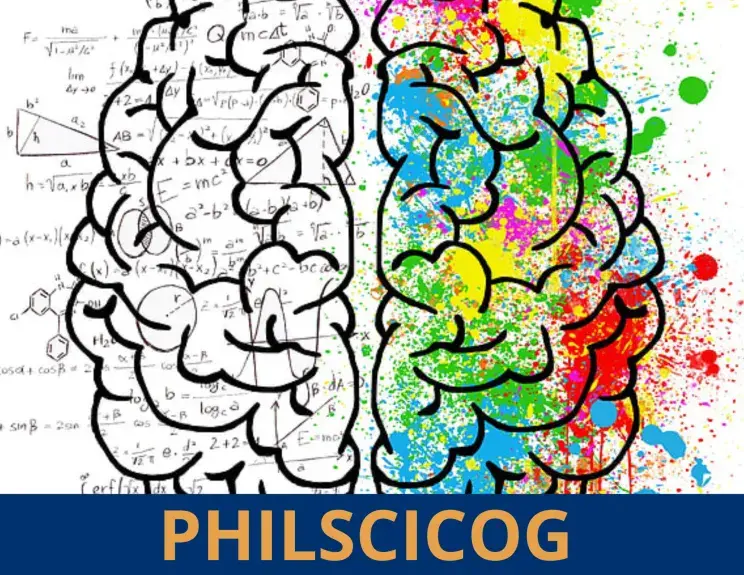
Séminaire PhilSciCog
Nous aurons le plaisir d'accueillir :
Anne Christophe (Institut Jean Nicod, Paris)
"How do infants acquire words and their meanings?"
Résumé :
Young children have long been thought to acquire first the sounds of their native language (phonology), then its words (lexicon), then the way in which words are organized into sentences (syntax). Contrary to this simplistic view, it has been shown that young children start gathering syntactic information much earlier than initially thought, and that they use it to facilitate their learning of word meanings – the syntactic bootstrapping hypothesis (Gleitman, 1990).
Although a wealth of experiments show that infants are able to use the syntactic contexts in which unknown words appear to infer something about their potential meanings, what remains unclear is how children learn which syntactic contexts correspond to which conceptual features – for instance, how do they figure out that words occurring in noun contexts usually refer to objects, and how do they learn the characteristics of noun contexts in their language? Children might learn these by generalizing from a handful of words for which they already have a meaning, a semantic seed. This hypothesis is backed up by computational work, showing that this learning mechanism is feasible, as well as experimental work, showing that toddlers are indeed able to learn syntactic contexts in this way.